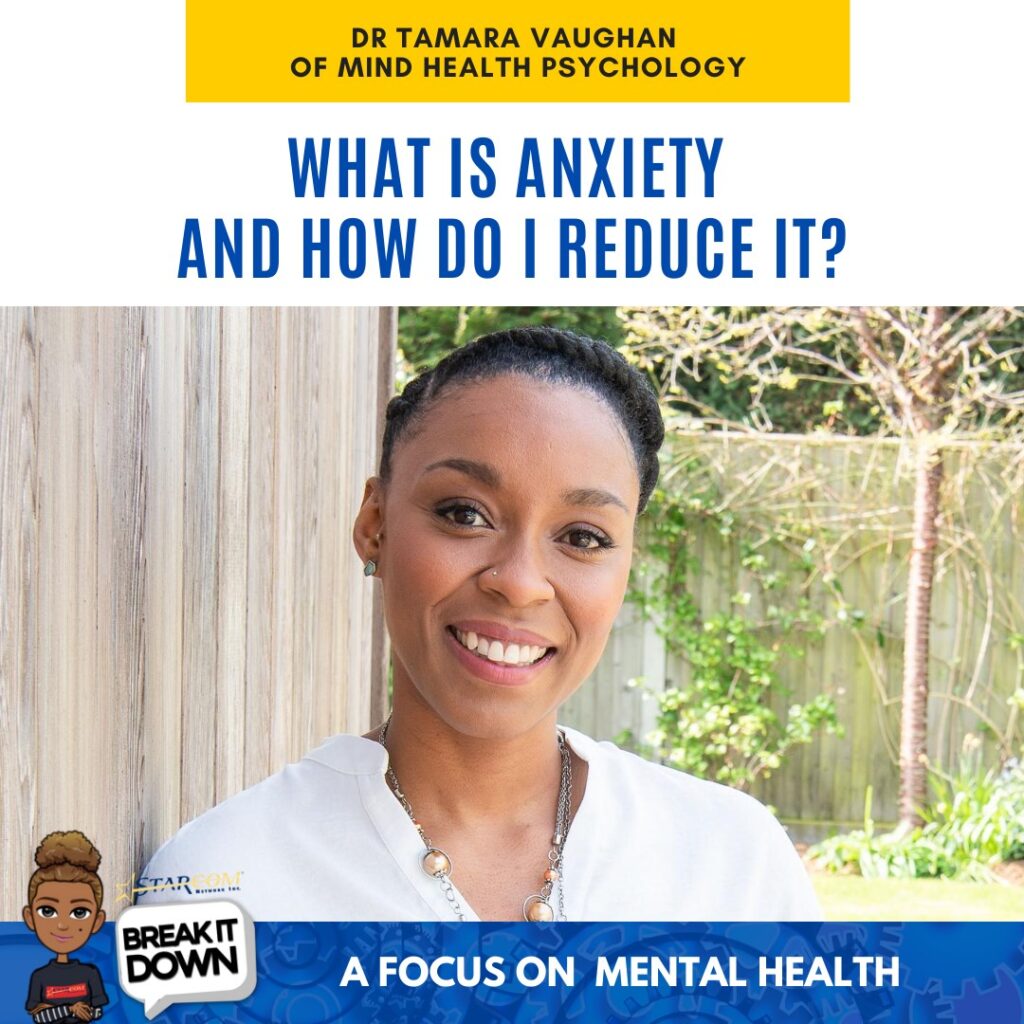COVID-19 certainly has created a state of chaos and disarray. While many countries are seeing reduced cases and have been subsequently relaxing their lockdown protocols, the emotional and social impact of this crisis may be experienced for some time to come. Aside from the physical health risks of contracting the COVID-19, many of the clients that I work with in my private practice and in the NHS, as well as friends and family, have described feeling as though they have been on an emotional rollercoaster throughout this time. This may resonate with many of you. One minute, you may be feeling as though you’re coping well and even enjoying the lockdown; the next you may feel anxious and stressed; and then the next, you may feel lethargic and low in mood. The loss of structure, educational/academic input, income and the relative certainties of our usual way of life, will have caused many of us to experience this array of emotions in response to the many changes and uncertainties we have been facing. This has also been supported by early research conducted by Williams et al (2020) so you’re not alone, and you’re certainly not going crazy.
In today’s blog article, I’ll be offering you 5 general, easy to implement, tips aimed at helping you maintain your emotional well-being throughout this period of transition, and to slow that rollercoaster down.
Create (and stick to) a structure and routine
Various psychological approaches and studies, including a report published by The Lancet Psychiatry, support the importance of a consistent routine on our general wellbeing. Moreover, creating a routine can allow us to regain some sense of control amongst all of the uncertainty. With many people working or studying from home, or not working/studying at all, this is an especially important strategy to help you cope during the day. The routine doesn’t need to be too complicated; here’s an example:
7 am: wake up and shower
7:30-8am: have breakfast
8-8:30am: go for a walk or do some light stretches….
6pm: have dinner
7-7:30: read
Limit your time on social media/watching the news
It’s good to stay informed; however, excessive exposure to information on social media and the news about the devastation of COVID-19 can increase our anxieties. In the case of social media, often we can intend to look at one post, but can subsequently find ourselves hours later lost down a rabbit hole of anxiety provoking tweets, posts and so on. Try to find a balance that suits you between staying informed and having a boundary. For example, avoid reading articles/posts first thing in the morning; allocate yourself a set time (for example, 1 hour) to read to your heart’s content and set an alarm to remind you when that time is up, once your alarm goes do something else for a little while.
Engage in regular physical activity
The World Health Organization (WHO) promotes the importance of regular physical activity. Just 2.5 hours a week (that’s just over 20 minutes a day!) can improve not only your physical health, but can also reduce feelings of stress, anxiety and depression. So, do some skipping in your yard or, if you are safe/healthy enough to do so, pick a good time to go for a walk in your neighbourhood; and if all of that is still too much, even some light stretching in your house can be beneficial.
Keep in touch with friends and family
Social distancing has caused many of us to feel increasingly isolated from others and even as restrictions lift, many people may remain nervous about socialising too much and/or in large groups. If ever there was a time to use technology to stay connected, it’s now. Reach out to a friend or family member at least once a day and try to make sure that some of your contact takes place by phone or a video platform. This latter point is particularly important as seeing someone’s face or hearing their voice can increase our sense of being connected.
Try to have at least 1 activity a day that gives you a sense of: achievement or fulfillment.
Many of us will have seen posts on social media about people using their ‘lockdown’ time to become “masters” at various tasks (baking bread comes to mind!). If this suits you then that’s great, at the same time, please remember that your ‘sense of achievement’ can be gained from smaller activities too. For example, making sure you get some exercise or calling that friend you’ve been meaning to call. It’s important to also try to include some activities that just give you a sense of personal fulfillment and pleasure, so watching that TV show you enjoy, having a small treat. Doing this consistently over a period of time can have a significant improvement on your mood.
Even with signs that lockdowns across the world are due to be easing soon, predictions are that it will be sometime before our worlds return to “normal”. Practicing the tips above can support you not just throughout this period but also, going forward.
Stay safe, stay happy, stay well.
Disclaimer: The information provided is advisory but should not replace any further specialist mental health or medical input, should you need this.
Coping With Uncertainties (And Anxieties) In A COVID-19 World by Chartered Counselling Psychologist Dr Tamara Vaughan of Mind Health Psychology











